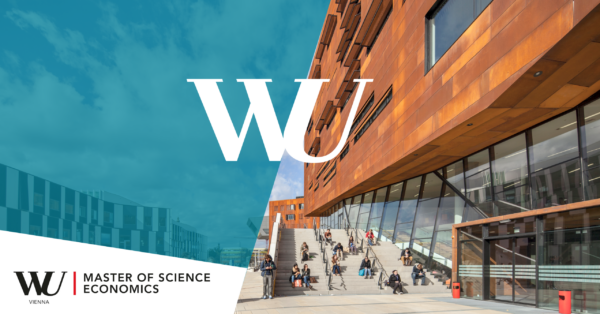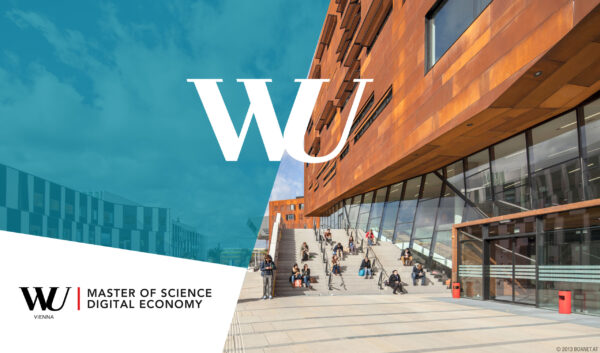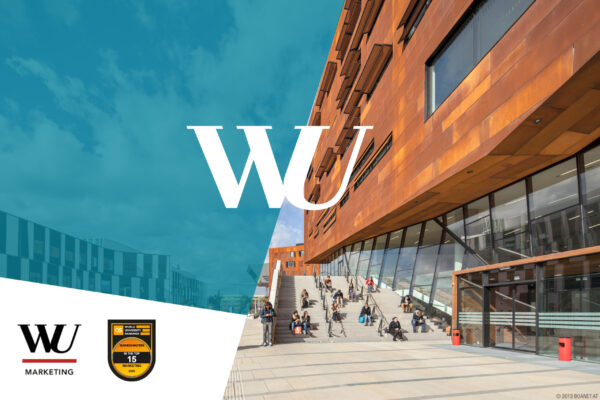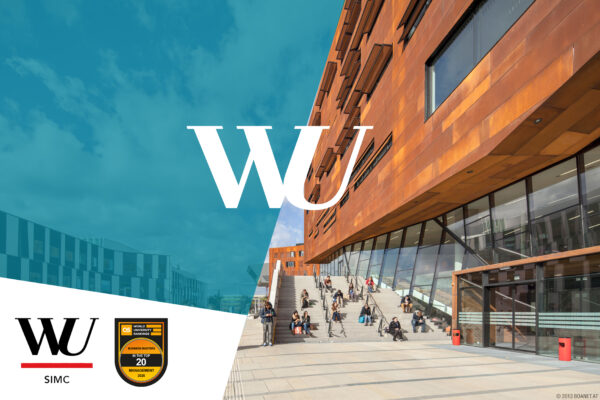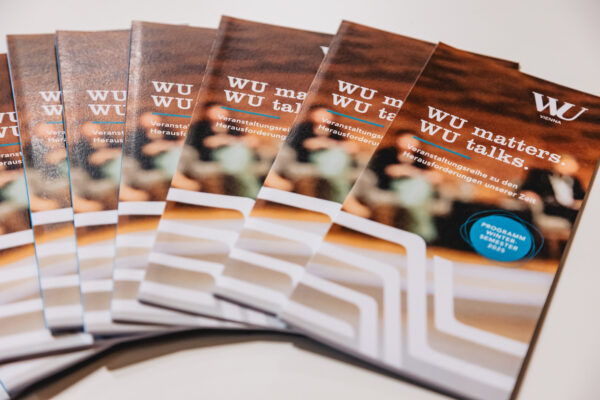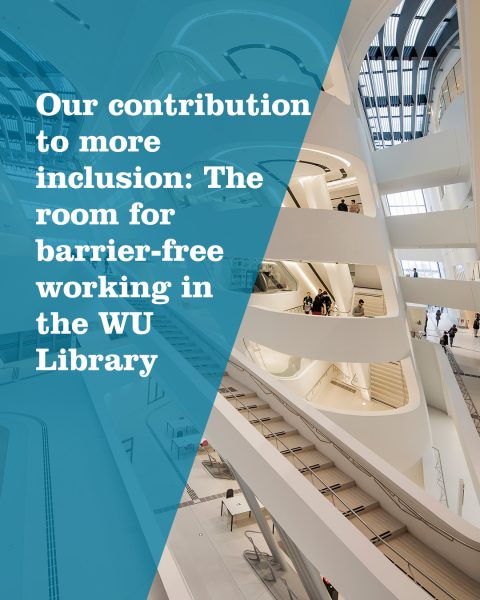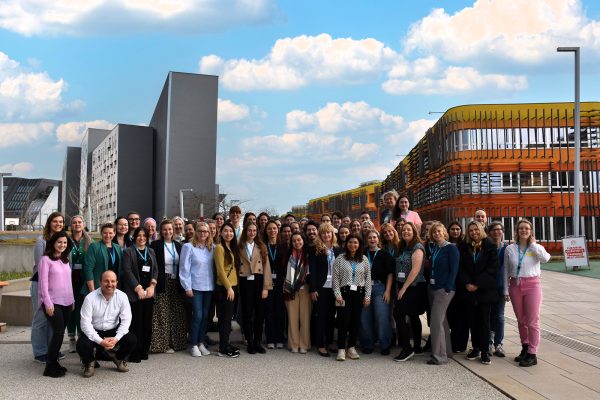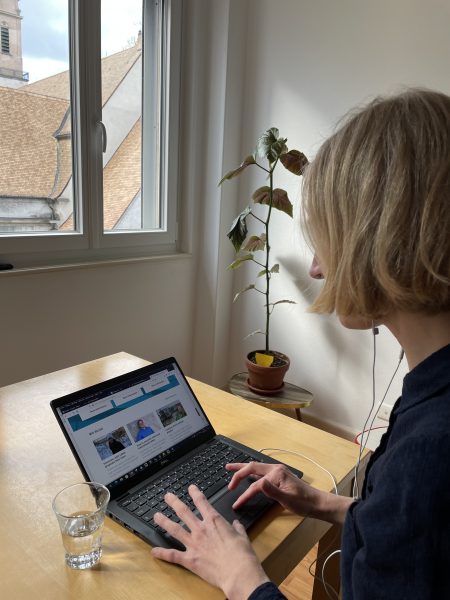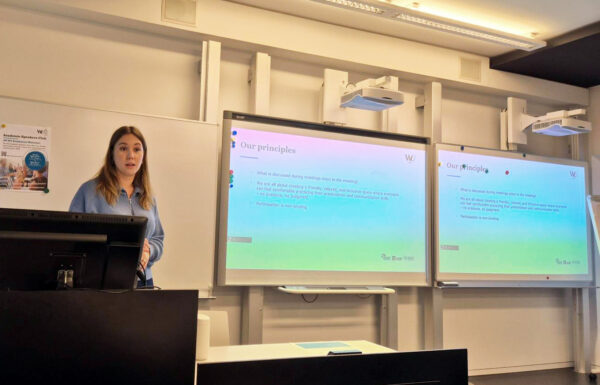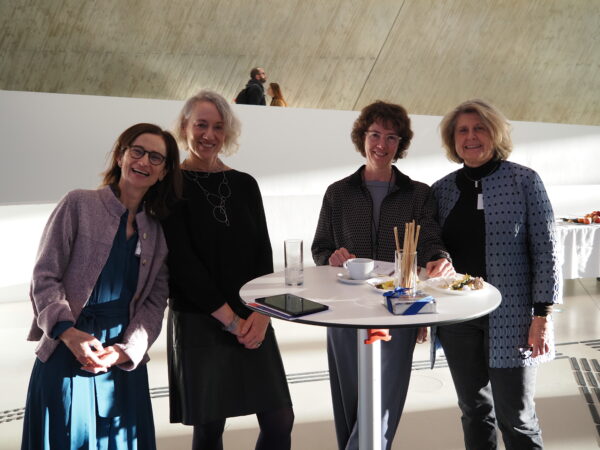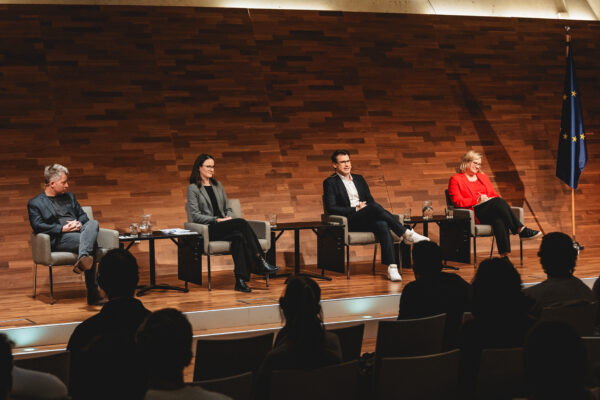125 Years of Property Prices in Vienna
“Is living in Vienna still affordable?” was the question posed at the WU matters. WU talks. discussion on November 12, 2025, on the WU campus.
Vienna is widely regarded to have a stable and socially balanced housing market with a strong public component and a high percentage of renters vs. homeowners: rented properties make up around 80% of the households in Vienna.
In contrast to other cities, the development of housing prices remained relatively stable in Vienna even after 2007, i.e. at the onset of the financial crisis. Can Vienna’s apparently crisis-proof market be generalized to the whole of Austria? In addition, the general popular sentiment is that housing is becoming increasingly expensive. So what are the facts?
How have real estate prices actually developed since 1900?
Markus Lampe, full professor and chair of the Department of Socioeconomics, WU Vienna, Kilian Rieder, principal economist, and Karin Wagner, senior principal, Oesterreichische Nationalbank, laid the groundwork for the subsequent high-profile discussion by presenting their research project and its findings.

Karin Wagner, Oesterreichische Nationalbank, presents part of the methodological design.
Based on thousands of purchase agreements from archives and “Vienna’s cellars,” as WU Prof. Markus Lampe put it, the tireless research team first reconstructed the price developments for a period of 125 years, and ultimately as far back as the late 1860s. By linking this data to the TU/OeNB real estate price index, the researchers created a dataset for Vienna, covering the period from 1868 to 1990.
Conclusion: exceptions that prove the rule?
Over the long term, the researchers observed moderate price increases of 1.2% per year, but these were punctuated by sharp price declines during crises.
What was the role played by regulation and access to property?
Regulation, subsidies, and municipal housing projects continue to have a price-dampening effect, but their relative significance is declining. What can be said with certainty is that Vienna’s housing market is still characterized by a low proportion of owner-occupied properties and a high proportion of rental properties.

The opinions of the panelists regarding regulations on the housing market differed greatly.
After the presentations, representatives from various institutions addressed a range of questions, such as what price increases mean for financial market stability and whether Vienna is still considered affordable and attractive internationally.
Opinions differed greatly, especially on the subject of financial market stability, but see for yourself:
Discussion:
- Wolfgang Amann, Managing Partner, IIBW
- Gerlinde Gutheil-Knopp-Kirchwald, Housing Industry Specialist, Austrian Federation of Limited-Profit Housing Associations (GBV)
- Gregor Puscher, Managing Director, wohnfonds_wien
- Stefan Schmitz, Head of the Macroprudential Supervision Group, Financial Stability and Macroprudential Supervision Division, Oesterreichische Nationalbank
- Hans Jörg Ulreich, Spokesman of the Property Developers Group in the Association of Real Estate and Wealth Management Trustees, Austrian Economic Chamber, and Managing Partner, Ulreich Bauträger GmbH
Moderated by:
- Stefanie Peer, Head of the Research Institute for Spatial and Real Estate Economics, WU Vienna
About the event:
- Topic: 125 Years of Property Prices in Vienna. Is living in Vienna still affordable?
- Lecture/discussion series: WU matters. WU talks.
- Date: November 12, 2025, 6–7:30 pm
- Location: WU Vienna University of Economics and Business, Library & Learning Center, Ceremonial Hall 1
Want more WU matters. WU talks.?
- You can watch all WU matters. WU talks. events on our YouTube channel.
Want to join the conversation on current topics?
WU matters. WU talks. is our series of panel discussions and public lectures where researchers and experts from leading businesses and institutions share valuable insights and discuss current topics with the interested public. Sign up here for our newsletter so you don’t miss our next expert discussions on the hot topics of our time!


